 onlinediplomasales@outlook.com
onlinediplomasales@outlook.com
 WhatsApp: +86 15079964823
WhatsApp: +86 15079964823
How to buy fake university of birmingham diploma?
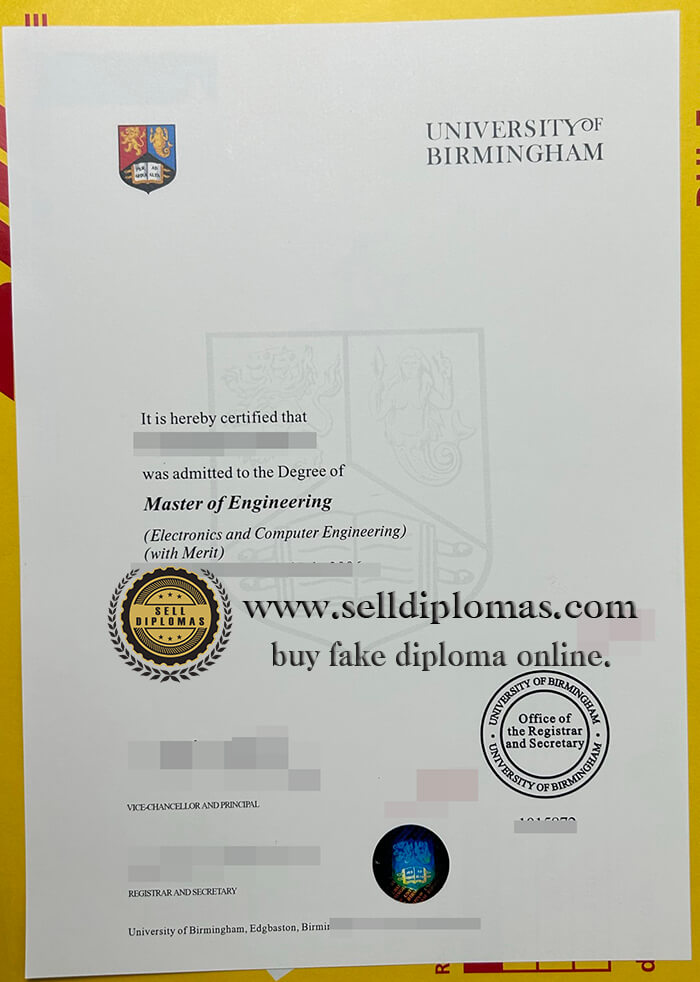
How to buy fake university of birmingham diploma? how to buy fake university of birmingham degree? how to buy fake university of birmingham certificate? buy fake university of birmingham diploma, buy university of birmingham degree, buy university of birmingham certificate. sell fake diploma, sell fake degree, order fake diploma, order fake degree. buy fake diploma, buy fake degree, buy fake certificate.
The University of Birmingham (informally Birmingham University)[8][9] is a public research university in Birmingham, England. It received its royal charter in 1900 as a successor to Queen’s College, Birmingham (founded in 1825 as the Birmingham School of Medicine and Surgery), and Mason Science College (established in 1875 by Sir Josiah Mason), making it the first English civic or ‘red brick’ university to receive its own royal charter, and the first English unitary university. It is a founding member of both the Russell Group of British research universities and the international network of research universities, Universitas 21.
The student population includes 23,155 undergraduate and 12,605 postgraduate students in 2019–20, which is the 7th largest in the UK (out of 169). The annual income of the university for 2021–22 was £869.8 million of which £215.0 million was from research grants and contracts, with an expenditure of £1.02 billion. In the 2021 Research Excellence Framework, the University of Birmingham ranked equal 13th out of 129 institutions on grade point average, up from equal 31st in the previous REF in 2014.
The university is home to the Barber Institute of Fine Arts, housing works by Van Gogh, Picasso and Monet; the Shakespeare Institute; the Cadbury Research Library, home to the Mingana Collection of Middle Eastern manuscripts; the Lapworth Museum of Geology; and the 100-metre Joseph Chamberlain Memorial Clock Tower, which is a prominent landmark visible from many parts of the city. Academics and alumni of the university include former British Prime Ministers Neville Chamberlain and Stanley Baldwin, the British composer Sir Edward Elgar and eleven Nobel laureates.
History
Queen’s College
A view across Chancellor’s Court, towards the Law building
The earliest beginnings of the university were originally traced back to the Queen’s College, which is linked to William Sands Cox in his aim of creating a medical school along strictly Christian lines, unlike the contemporary London medical schools. Further research revealed the roots of the Birmingham Medical School in the medical education seminars of John Tomlinson, the first surgeon to the Birmingham Workhouse Infirmary, and later to the Birmingham General Hospital.
These classes, held in the winter of 1767–68, were the first such lectures ever held in England or Wales. The first clinical teaching was undertaken by medical apprentices at the General Hospital, founded in 1779. The medical school which grew out of the Birmingham Workhouse Infirmary was founded in 1828, but Cox began teaching in December 1825. Queen Victoria granted her patronage to the Clinical Hospital in Birmingham and allowed it to be styled “The Queen’s Hospital”. It was the first provincial teaching hospital in England. In 1843, the medical college became known as Queen’s College.



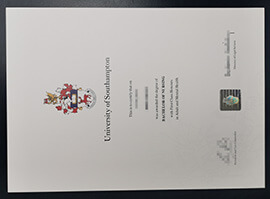
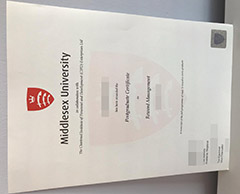
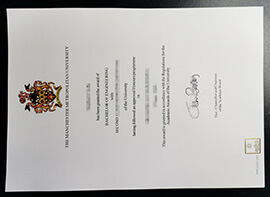
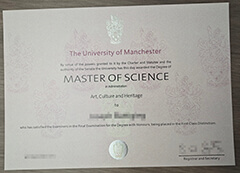

 WeChat Code
WeChat Code  WhatsApp Code
WhatsApp Code